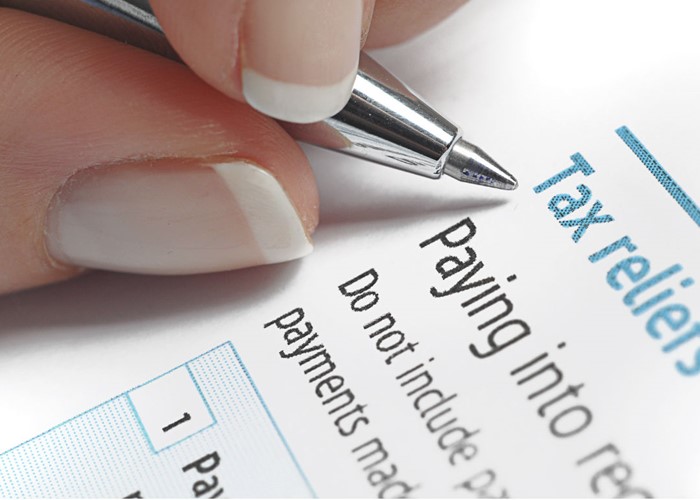HMRC Connect: new system to catch tax dodgers

The taxman is using a new 'super computer' to help crackdown on tax avoiders. So, what does it know about you?
HM Revenue and Customs will be a unleashing a ‘super computer’ which it claims will help identify who is paying too little tax this year.
The ‘Connect’ system uses information from a range of Government and corporate sources to create a profile of a taxpayer’s total income, rather than relying on what the taxpayer declares on their tax return.
When this information differs, the account is flagged up and could be the subject of a further investigation by the taxman.
Earn a top rate of interest from your current account
Connect in action
Connect has been years in the making and is thought to have cost £100 million to build.
But the investment is paying off, with the system having already being used to target those who may have underpaid tax on savings income.
Last month HMRC sent letters to 10,000 individuals who submitted tax returns for 2014/15, which it suspected hadn't declared all the savings interest they had received that year.
HMRC used information from banks, peer-to-peer lenders like Zopa and other financial institutions and cross-checked this information with what taxpayers had put in their tax returns to find discrepancies.
What can HMRC find out about you?

The data used by the Connect system is not limited to income from work and investments it also takes information from other departments and the digital footprints we leave when we use the internet.
George Bull, senior tax partner at RSM an auditing firm said: “Connect broadly deals with information spontaneously available in Government departments or as part of the digital footprint that people leave when they use the internet.
"We all leave a massive electronic footprint of where we are, when we are away, what we do and what we spend.”
Here’s a rundown of what HMRC can find out about you:
Earnings
HMRC can find out what you get paid by an employer, including those you have worked for casually, or on an ad-hoc basis. This information includes any company benefits you get.
Other tax
HMRC can check how much Council Tax you have paid, relevant VAT registration, previous tax investigations and last year's tax return.
Visa and MasterCard payment transactions
Anonymised information on all your payments can be supplied to HMRC, which can seek details of transactions where necessary for its investigations.
Land Registry records
This helps HMRC check the properties a taxpayer has purchased, and whether the correct Stamp Duty has been paid.
HMRC can also use this information to check if someone can afford their properties, or whether they may be using previously undeclared income or savings.
This informsation also helps to check if properties are being rented out and whether that income is being declared.
DVLA records
This department shares information on the details of cars purchased and owned by individuals, which could point towards income that hasn’t been declared.
UK and overseas accounts
Since September last year HMRC has been able to get financial information from British overseas territories like the Channel Islands.
From this year it has extended this reach and is able to get information from banks in more than 60 countries.
Online marketplaces
HMRC can get access to websites like eBay, Gumtree and Airbnb to weed out regular traders making money and not declaring it as income.
Social media
The Connect system can also look at public social media account information, including from Twitter, Facebook and Instagram which might reveal more about spending habits, which could indicate we have more money than we are letting on.
Web browsing and email records
A new law commonly dubbed the 'Snoopers Charter' will allow HMRC to access even more information about us.
The legislation means telecom providers store customers’ web browsing and email records for at least a year and this information can then be accessed by the Government when it sees fit.
Earn a top rate of interest from your current account
Get on top of your tax affairs with loveMONEY:
Self-Assessment tax return guide: how to get your form right and avoid mistakes
The shadow economy: is dodging taxes on cash-in-hand payments acceptable?
Become an Uber driver: all you need to know about pay, tax and your driving licence
Comments
Be the first to comment
Do you want to comment on this article? You need to be signed in for this feature